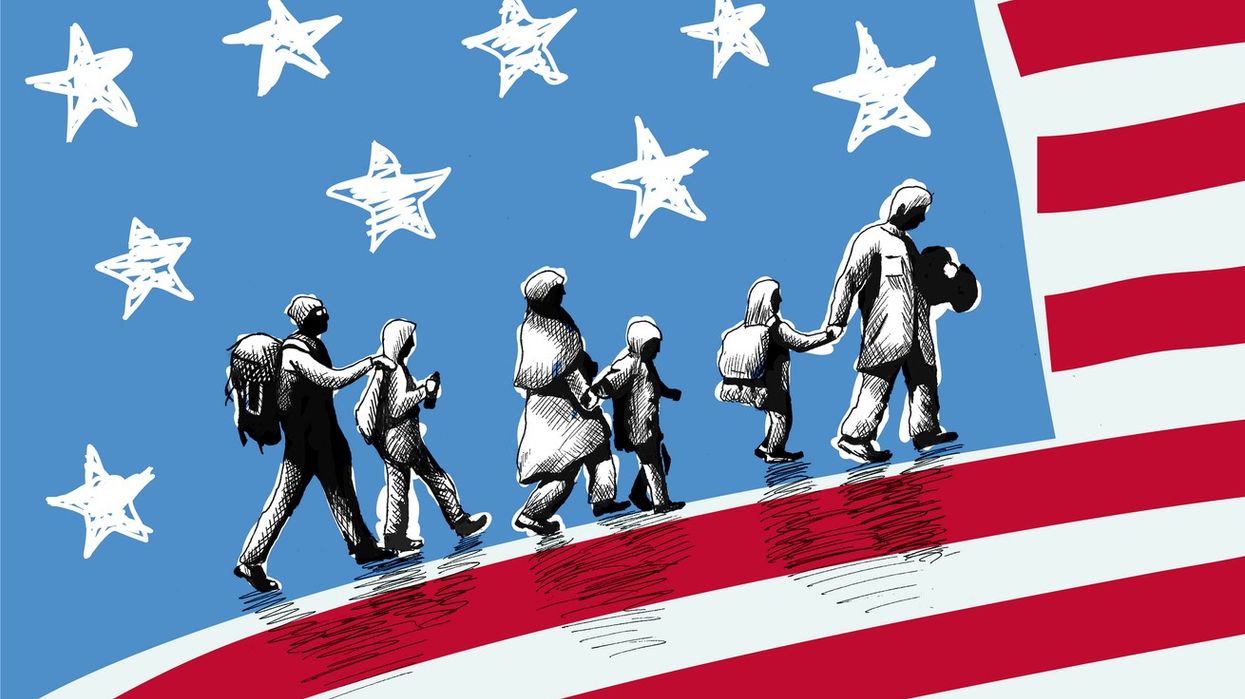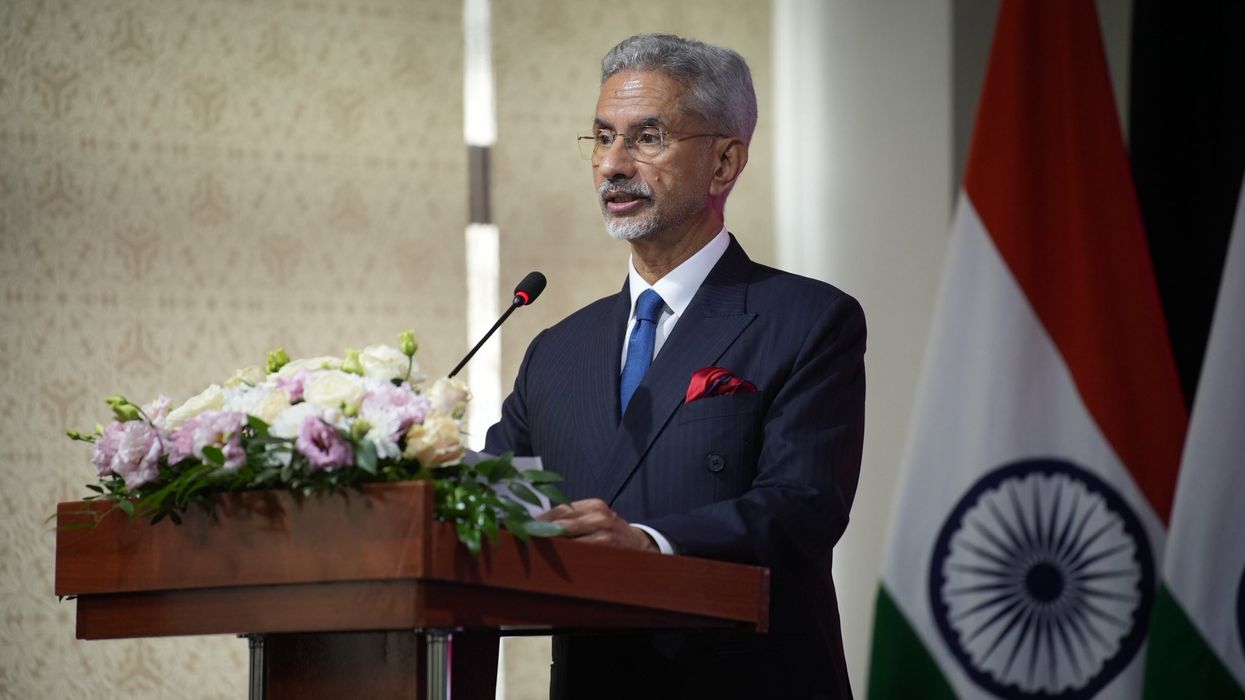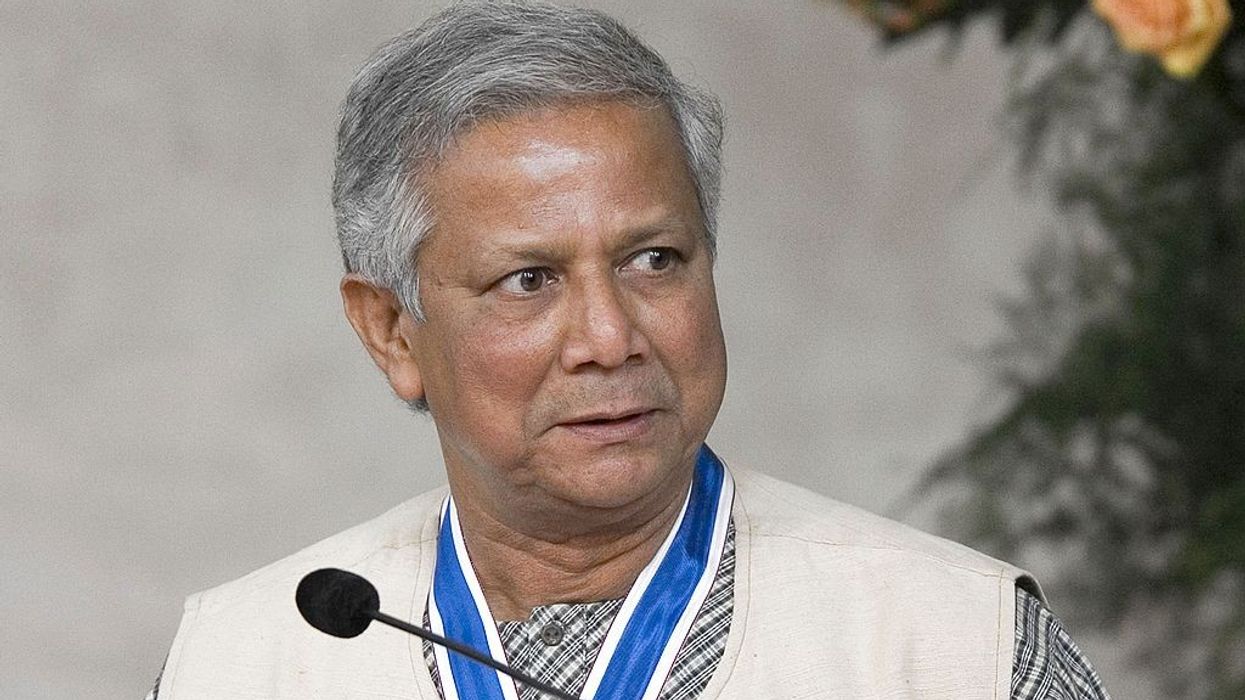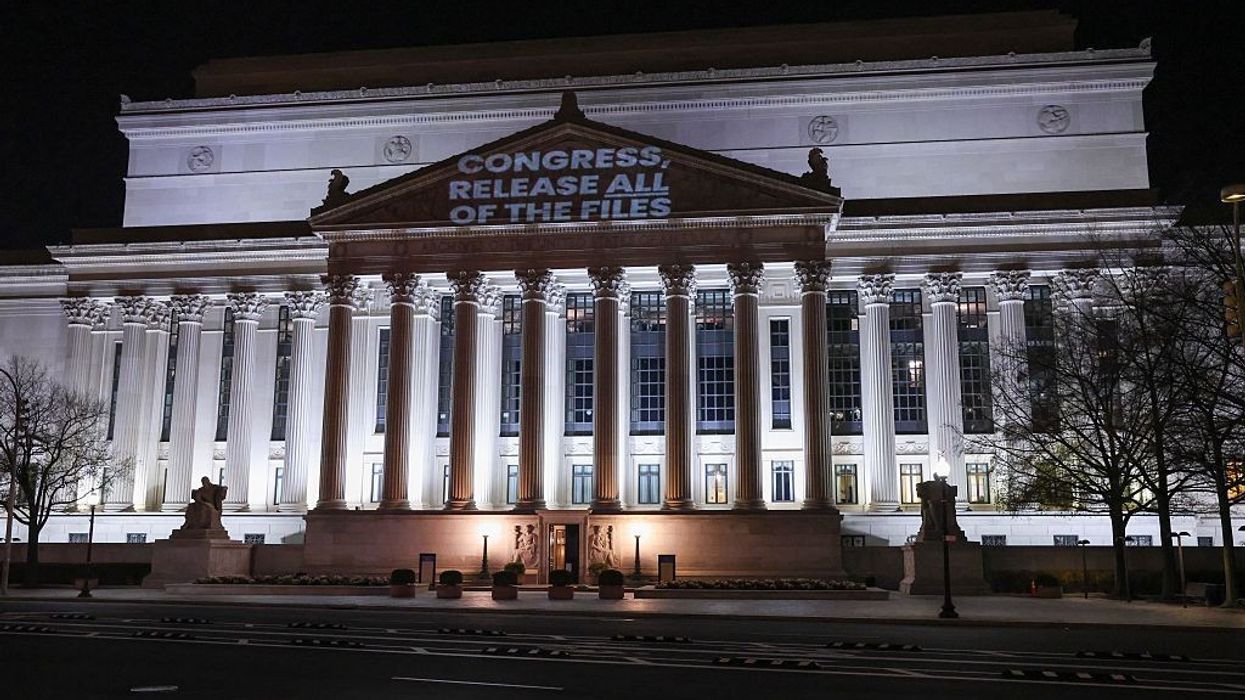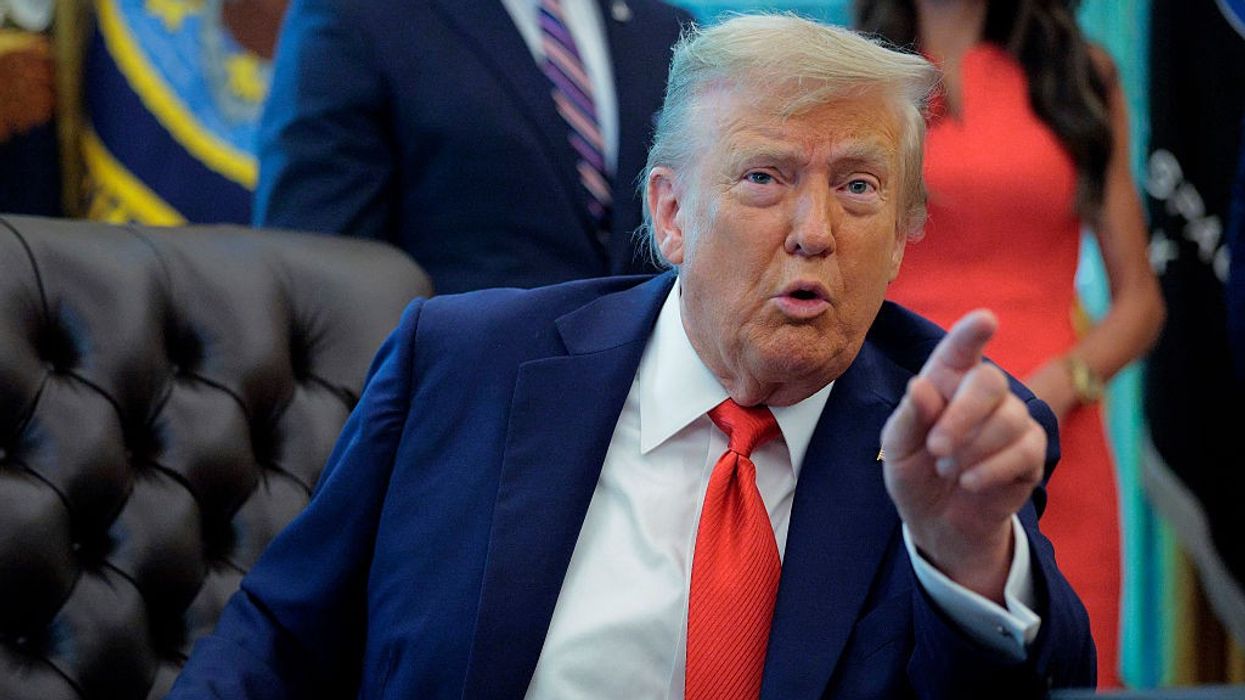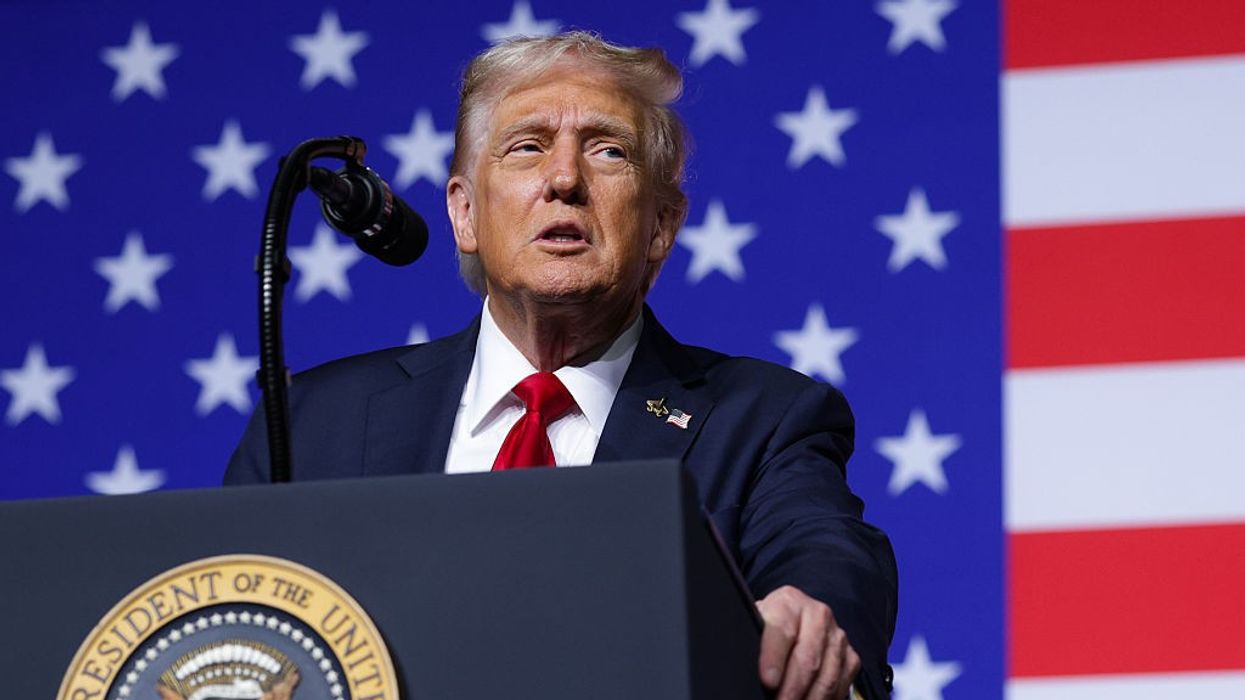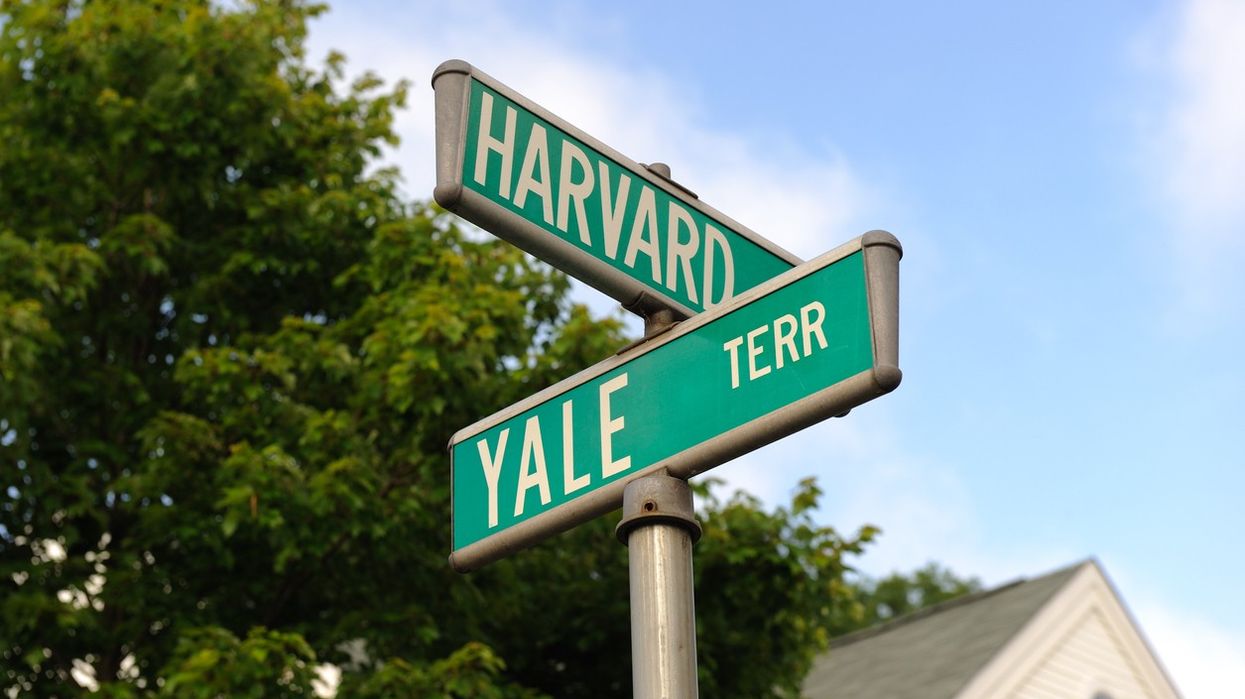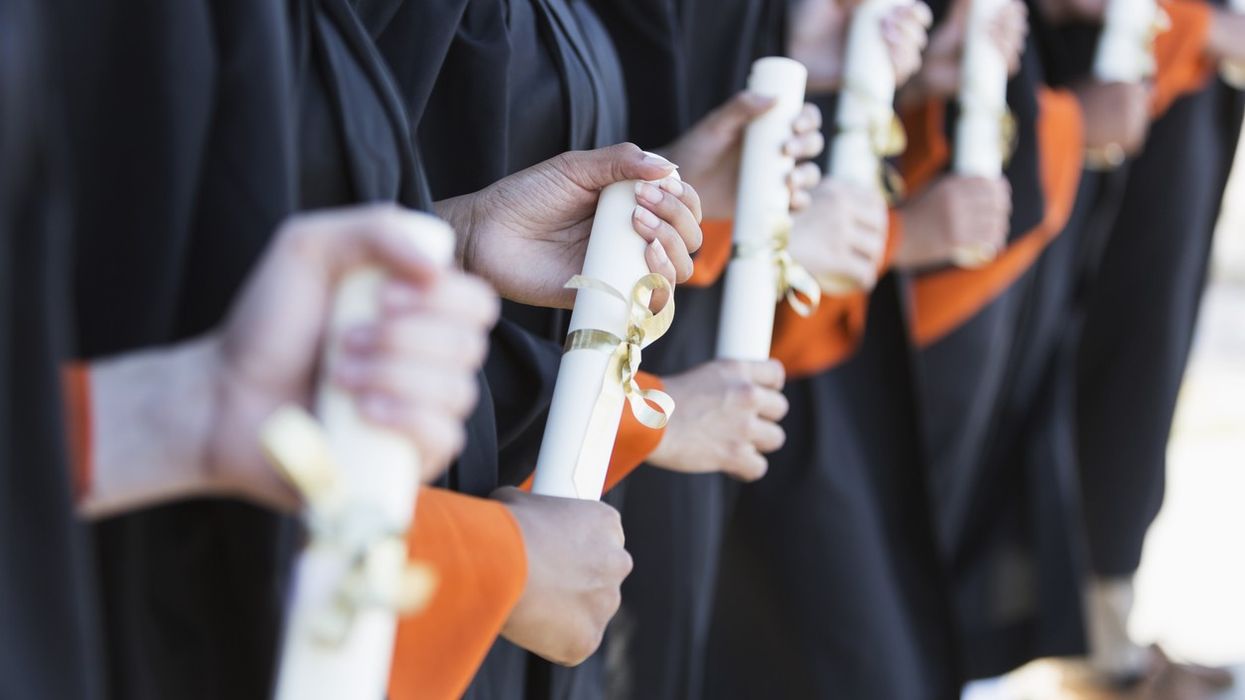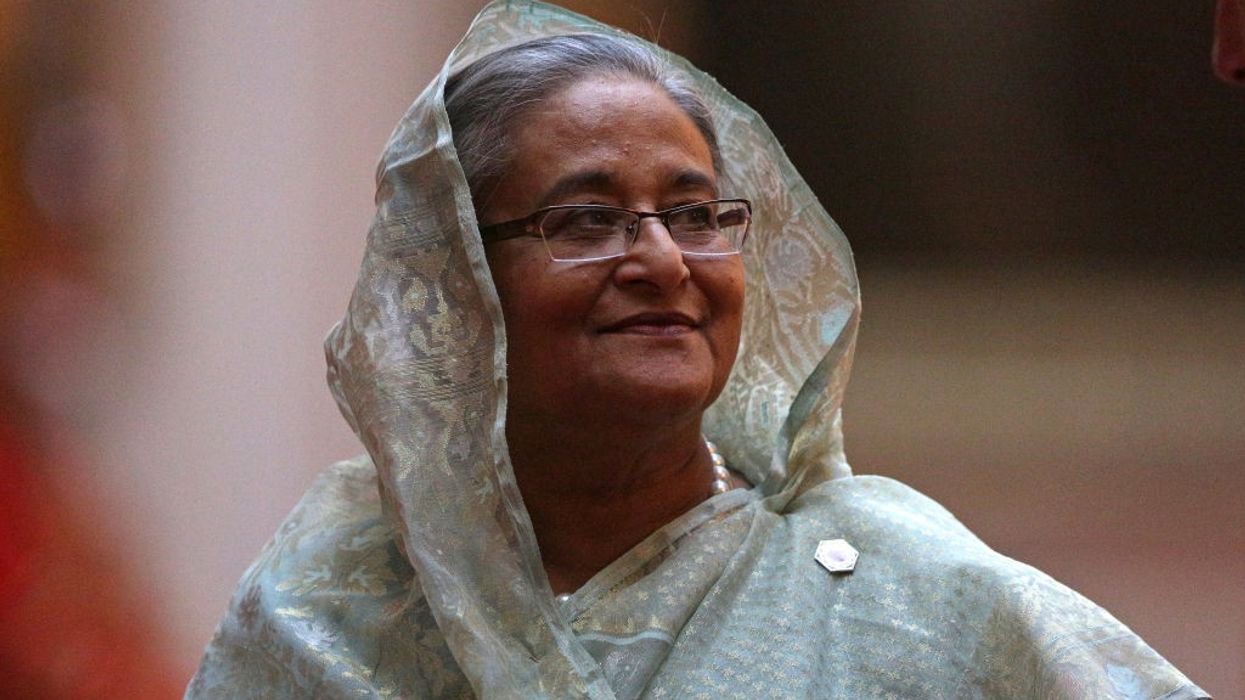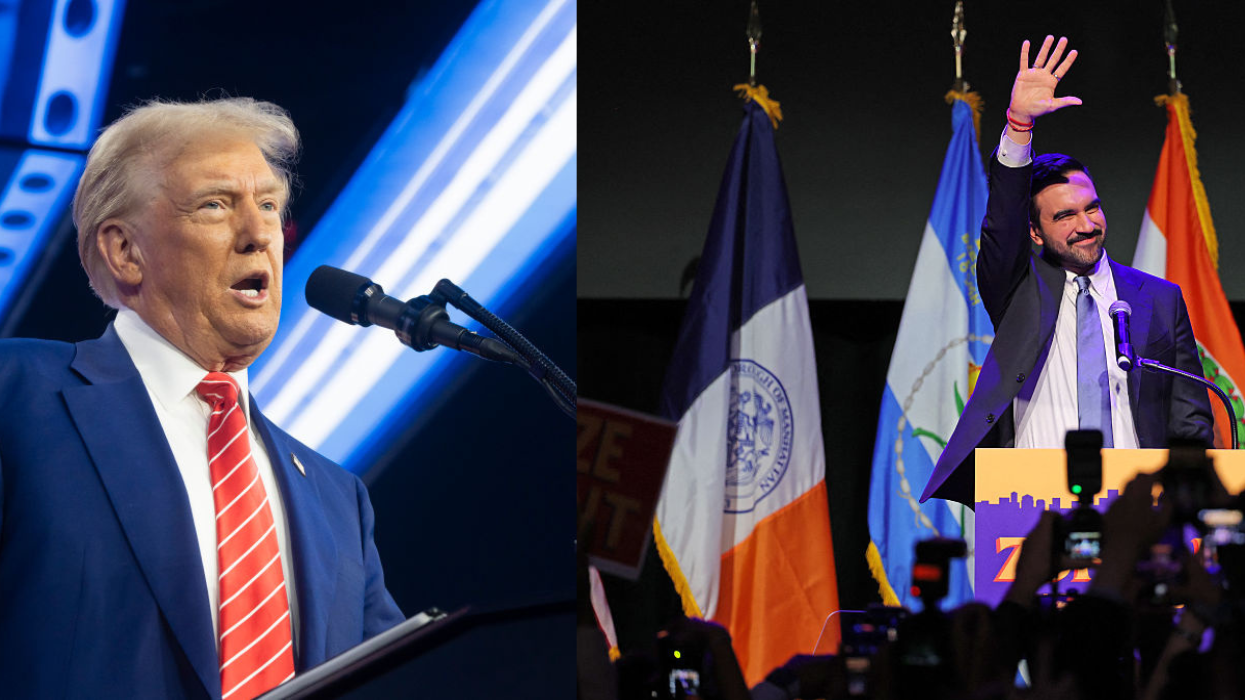Highlights:
- Immigrants feel less safe under Trump policies.
- Asian immigrants report rising fear and uncertainty.
- Deportation worries increased sharply across communities.
- Most still believe America offers better opportunities.
- Majority remain determined to stay in US
A new national survey shows that the Trump administration's stronger immigration enforcement has changed how many immigrants feel about living in the US, especially in the last year. The poll, conducted by The New York Times and KFF, found that immigrants are now more afraid, more worried about deportation, and more unsure about the country's welcoming nature than they were just a few years ago.
At the same time, most immigrants across legal statuses still say they want to stay in the US and believe their future here can be bright. According to the survey of 1,805 immigrants, about half say they feel less safe since president Trump returned to office. Concern about being detained or deported has risen sharply, jumping from 26 per cent two years ago to 41 per cent today.
The fear is even higher among undocumented immigrants, 82 per cent of whom say they are scared of current enforcement actions.
Asian immigrants report high levels of anxiety
The survey shows that Asian immigrants are deeply affected by the new immigration climate, even though their experiences differ from those of other groups. About 45 per cent of Asian immigrants say they feel afraid, and almost 50 per cent say the US is no longer the welcoming place it was once. While the research does not provide specific statistics for Indian immigrants, India is one of the largest sources of Asian immigration, especially through high-skilled visas like the H-1B. They must be facing a similar fear and uncertainty.
One case study of Huayan Geng, a software engineer from China, reflects common concerns among Asian immigrants. He came to the US on an H-1B visa in 2012 and is now a permanent resident, raising two children in Washington State.
While he says his life is better in the US compared to China, he fears that America is becoming politically unstable and harder for newcomers. He worries that his children may have fewer opportunities than he did when he first arrived.
These concerns are often shared by many Indian high-skilled workers, who rely heavily on visas and permanent residency pathways that have become more uncertain under Trump's policies.
America still offers opportunity, but with more fear
Even with an increase of 70 per cent of immigrants say they would still choose to come to the US. Most say they have better financial stability, safer living conditions, and stronger educational opportunities than in their home countries. Nearly 80 per cent believe they are on their own way to achieving the American dream, including many without legal status.
Still, immigrants say the mood in the country has changed. About 60 per cent believe the US used to be a great place for immigrants, but no longer is. This view is especially common among Asians and Latin Americans, who report feeling more targeted and vulnerable.
A community staying strong
The survey shows a complex picture: immigrants feel more fear and uncertainty under Trump, but also remain determined to stay. For Asian and likely Indian immigrants, the message is clear--America still offers opportunity, but no longer feels as secure or welcoming as it once did.
